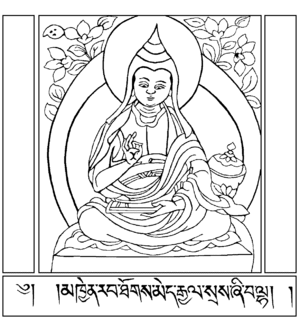A Quote by Matthieu Ricard
Isn't it the mind that translates the outer condition into happiness and suffering?
Related Quotes
As instruments for knowing the objects, the sense organs are outside, and so they are called outer senses; and the mind is called the inner sense because it is inside. But the distinction between inner and outer is only with reference to the body; in truth, there is neither inner nor outer. The mind's nature is to remain pure like ether.

































